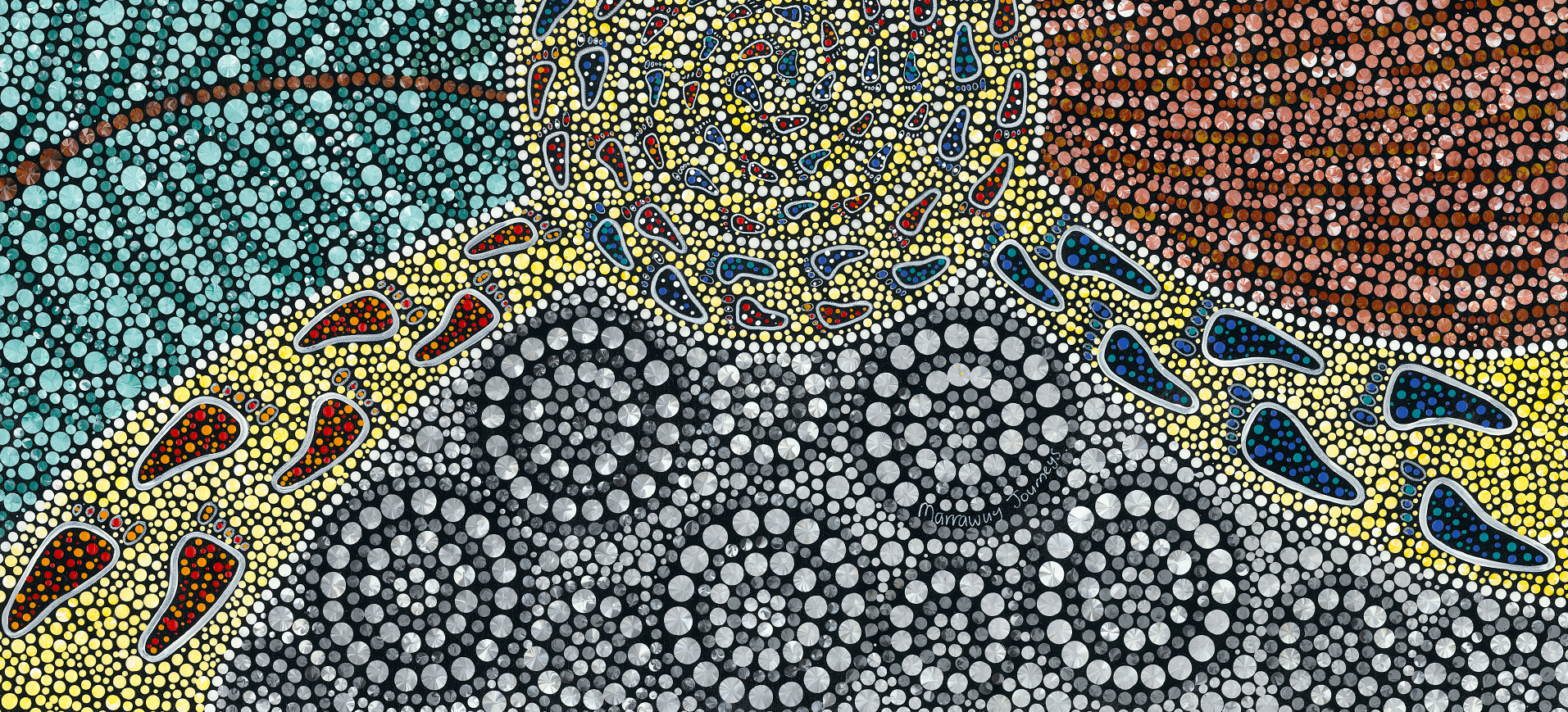The AMC has developed accreditation standards for cosmetic surgery programs of study on behalf of the Medical Board of Australia. These standards came into effect on 19 April 2023 and define the requirements of programs of study, which is to produce graduates who have acquired the necessary knowledge and clinical skills to perform cosmetic surgery, and have the right attributes to practise safely, ethically and in the best interests of the patient.
The accreditation standards are part of a suite of measures implemented by the Medical Board of Australia, the Australian Health Practitioner Regulation Agency and other regulators to make cosmetic surgery safer for patients in response to the Independent review of the regulation of medical practitioners who perform cosmetic surgery commissioned by the Medical Board of Australia and the Australian Health Practitioner Regulation Agency. The measures include the establishment of an “area of practice endorsement” for cosmetic surgery, tougher rules for advertising, stronger guidance for doctors who perform cosmetic surgery, new safety measures including referral by a GP, and accreditation of cosmetic surgery facilities.
The AMC established a Cosmetic Surgery Accreditation Standards and Procedures Project Advisory Group (the Advisory Group) to develop the standards and review feedback on draft standards received following public consultation. The Advisory Group included regulators and accreditation experts and members from
- The Australian Society of Plastic Surgeons
- The Australasian College of Cosmetic Surgery and Medicine
- The Royal Australasian College of Surgeons
- The Australian Medical Association
- Community and health consumer organisations
- Related professional organisations.
A Technical Advisory Group, including members with expertise in medical education, surgical education and practice, cosmetic surgery and other related disciplines, provided expert advice to the AMC.
As the accreditation authority for medicine, the AMC will assess cosmetic surgery programs of study and the organisations that provide them, and if they meet the standards, will accredit the programs. The AMC will also monitor the programs to ensure they continue to meet the standards.
